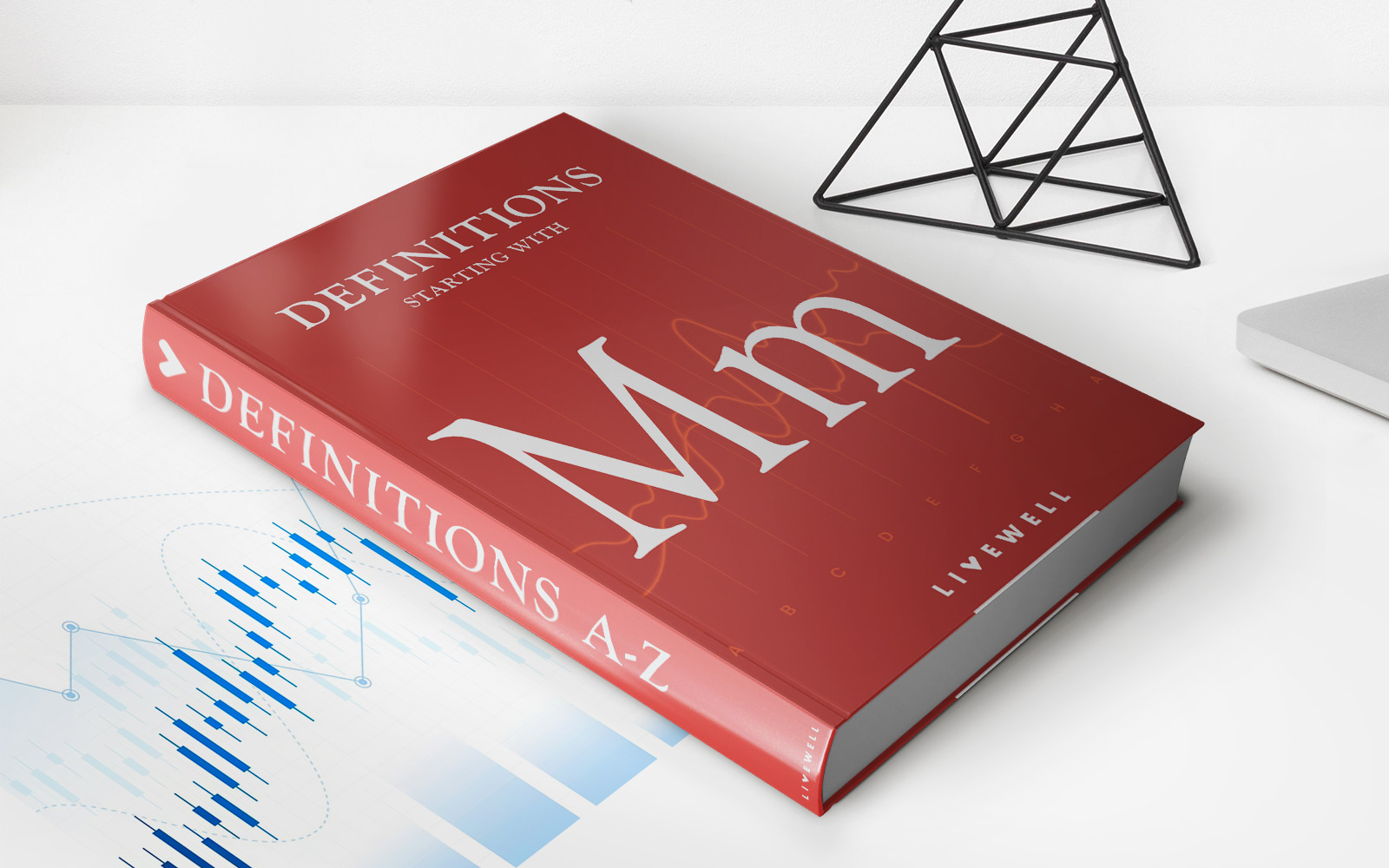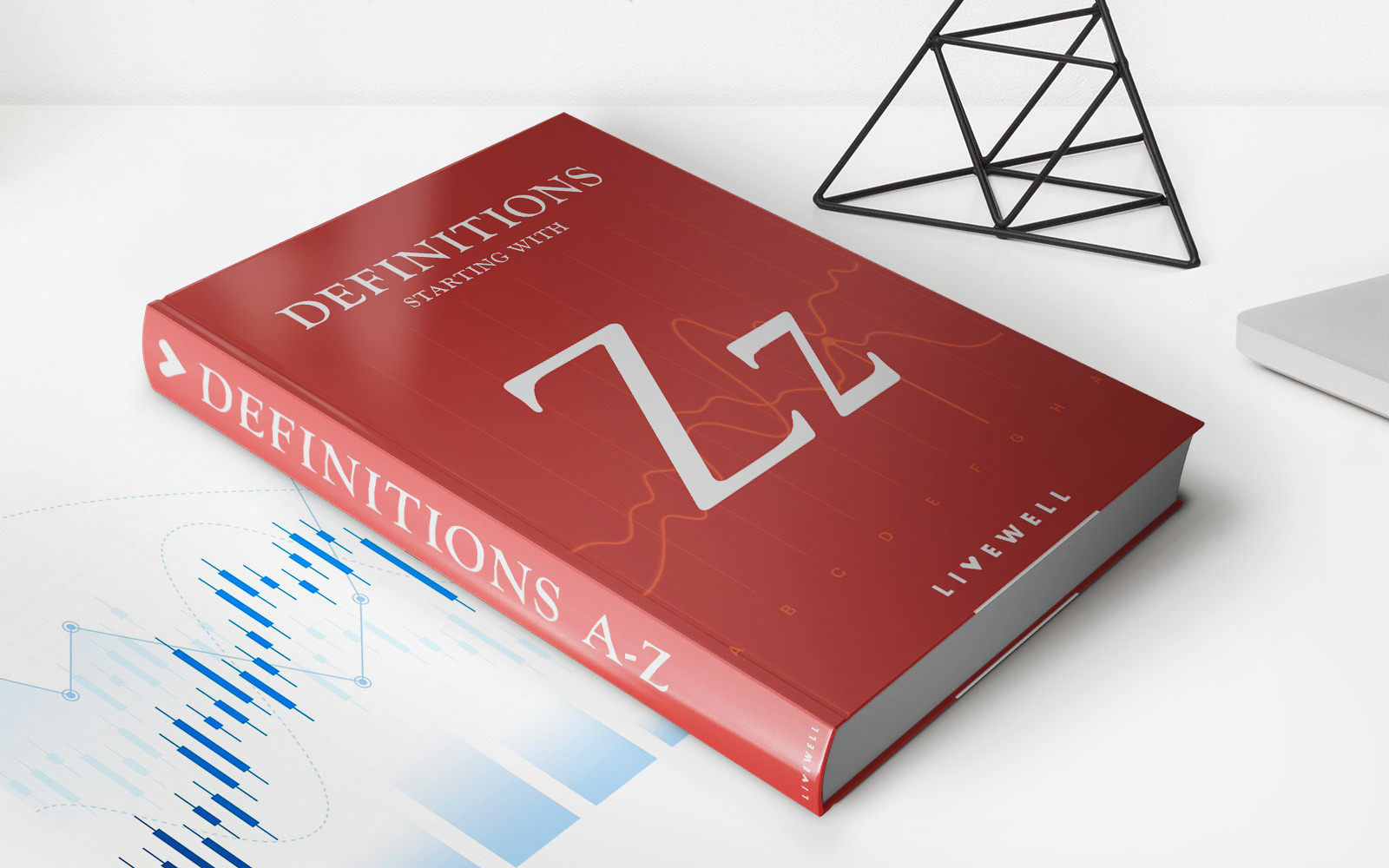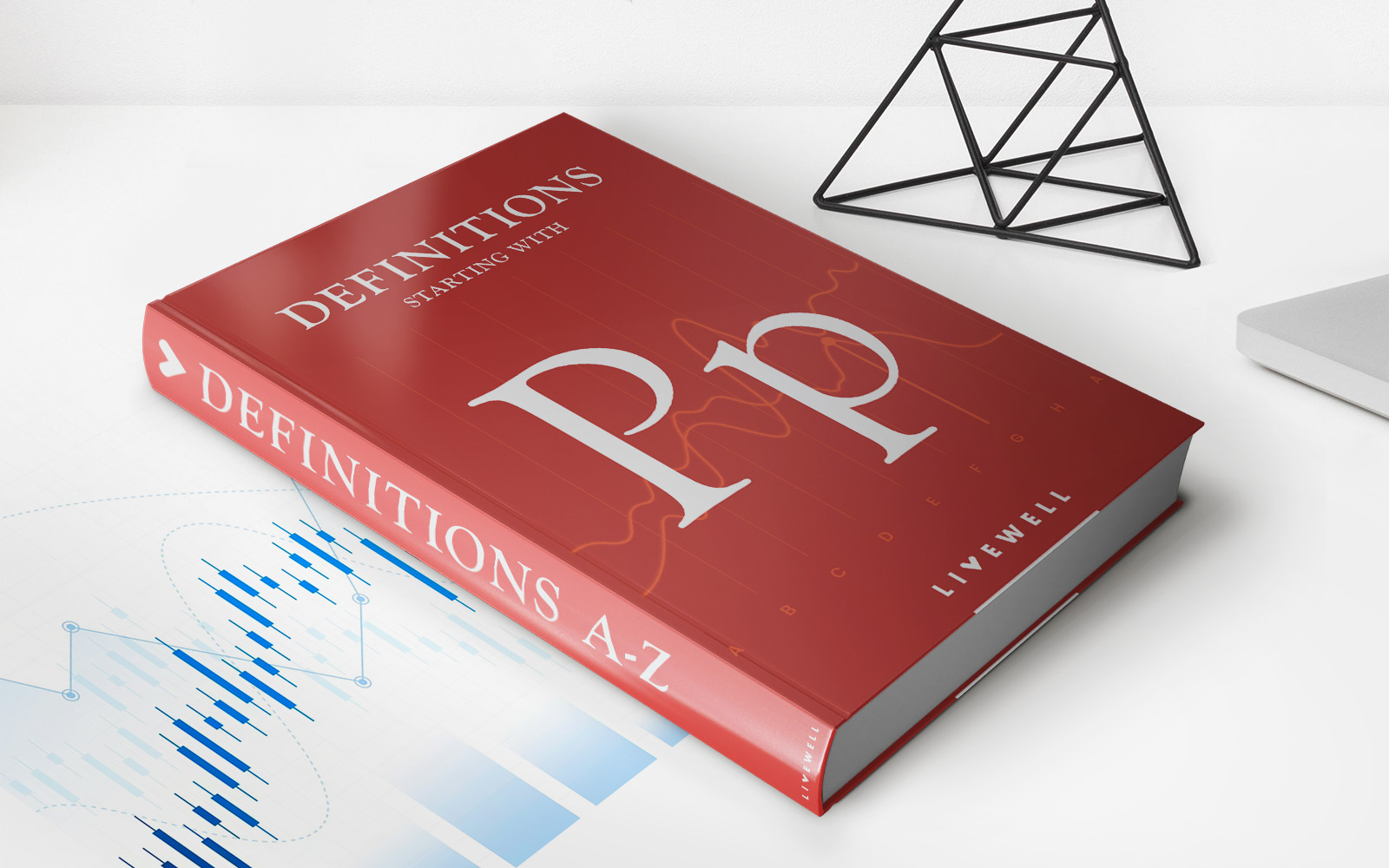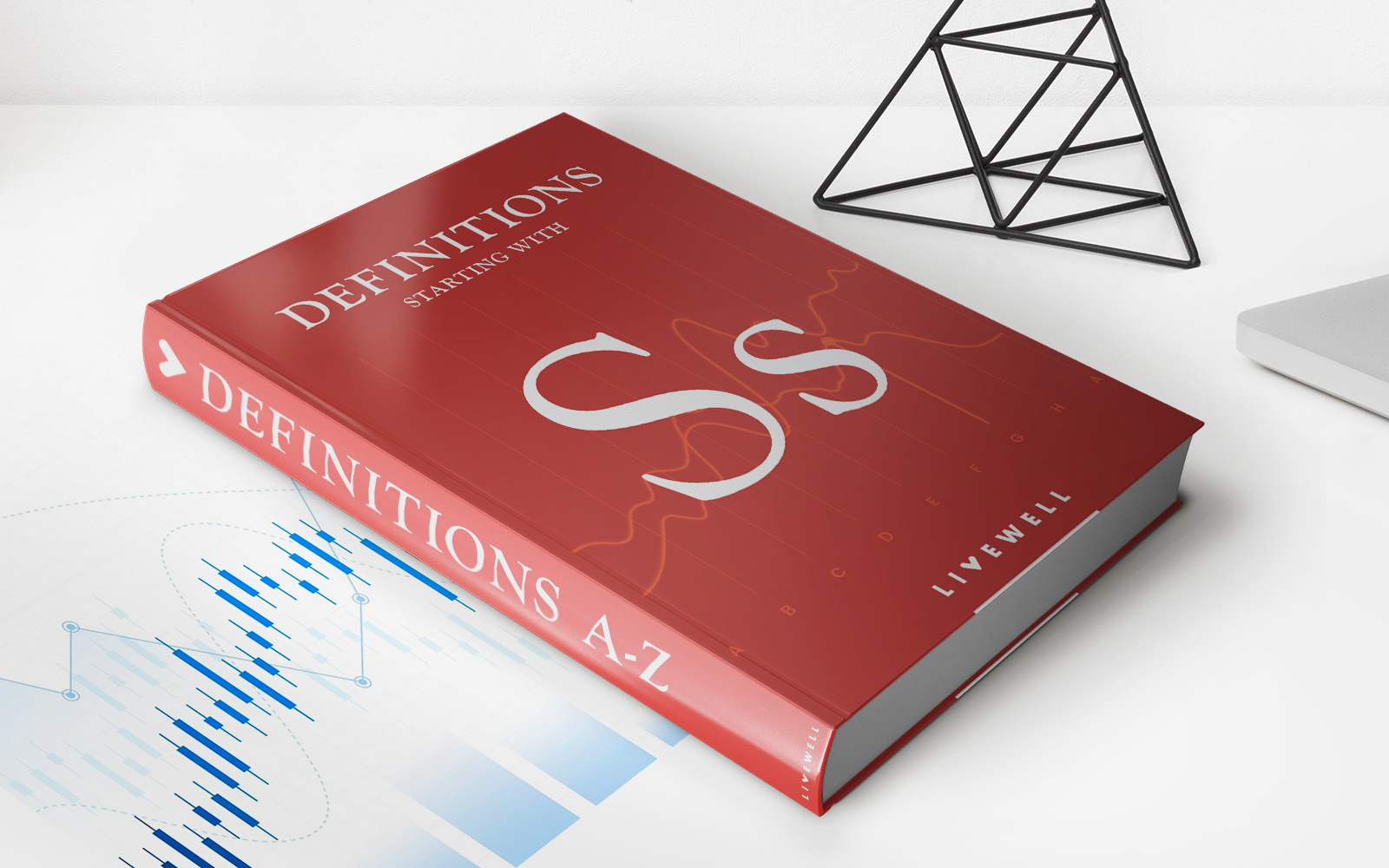

Finance
Malawian Kwacha (MWK) Definition
Published: December 21, 2023
Learn about the Malawian Kwacha (MWK) and its definition in finance. Discover the key features and importance of this currency in the financial market.
(Many of the links in this article redirect to a specific reviewed product. Your purchase of these products through affiliate links helps to generate commission for LiveWell, at no extra cost. Learn more)
Unlocking the Secrets of the Malawian Kwacha (MWK) Definition
Welcome to our Finance category, where we dive deep into various aspects of the financial world. In today’s post, we are going to explore the fascinating world of the Malawian Kwacha (MWK) definition. If you’ve ever wondered what exactly the Malawian Kwacha is, and how it plays a role in Malawi’s economy, you’ve come to the right place!
Key Takeaways:
- The Malawian Kwacha (MWK) is the official currency of Malawi.
- It is subdivided into 100 tambala and comes in both banknotes and coins.
So, let’s dive in and unravel the intrigue surrounding the Malawian Kwacha (MWK) definition.
What is the Malawian Kwacha (MWK)?
The Malawian Kwacha (MWK) is the official currency of the Republic of Malawi, a landlocked country located in southeastern Africa. Introduced in 1971, the Malawian Kwacha replaced the Malawian Pound at a rate of 2 Kwacha to 1 Pound. Since then, the currency has gone through several transformations to adapt to the ever-evolving economic landscape of Malawi.
The Malawian Kwacha is further divided into smaller units known as tambala. One Kwacha is equivalent to 100 tambala. However, due to inflation in recent years, the tambala is no longer widely used in everyday transactions, and the Kwacha serves as the main currency.
Malawian Kwacha banknotes come in various denominations, including MK 1,000, MK 500, MK 200, MK 100, MK 50, MK 20, and MK 10. Coins are also in circulation, with denominations of MK 1, MK 2, MK 5, MK 10, and MK 20. These physical representations of the Malawian Kwacha are widely accepted for commercial transactions within the country.
What Determines the Value of the Malawian Kwacha?
Like any other currency, the value of the Malawian Kwacha fluctuates in response to several factors, including:
- Economic Conditions: The health of Malawi’s economy plays a significant role in determining the value of the Kwacha. Factors such as inflation, interest rates, and trade balances can impact its value.
- Political Stability: Political stability is another crucial element that influences the value of any currency, including the Malawian Kwacha. Political instability can lead to a loss of confidence in the currency and result in depreciation.
- Global Economic Factors: Global economic conditions and developments can also affect the value of the Malawian Kwacha. Events like changes in commodity prices, international trade agreements, and global economic trends can all have an impact.
- Monetary Policy: The monetary policy implemented by the Reserve Bank of Malawi (RBM) also plays a role in shaping the value of the Kwacha. Actions such as adjusting interest rates, intervention in foreign exchange markets, and managing money supply can influence the currency’s value.
The Importance of the Malawian Kwacha (MWK)
The Malawian Kwacha is not only a piece of currency but also a symbol of Malawi’s economic progress. As the country continues to grow and develop, the stability of the Kwacha becomes paramount for both domestic and international trade. It plays a crucial role in maintaining price stability, facilitating transactions, and attracting foreign investment.
Understanding the Malawian Kwacha (MWK) definition is essential for anyone interested in Malawi’s economy or planning to visit the country. By familiarizing yourself with its value, factors influencing its worth, and its role in commerce, you can gain a better understanding of the financial landscape in Malawi.
In conclusion, the Malawian Kwacha (MWK) definition encompasses not just a currency but also the economic vitality and progress of a nation. It serves as a symbol of a thriving economy that plays a vital role in the daily lives of Malawians and the growth of the country as a whole.














